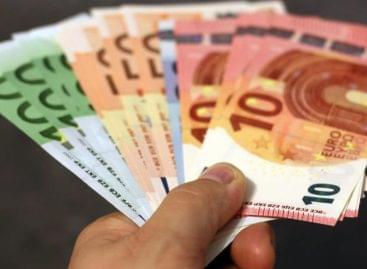A drop of 0.5 percent and inflation of 19 percent are expected this year
In 2022, Hungary entered a technical recession, faced serious balance problems, and became very isolated internationally. The Russian-Ukrainian war, the related energy crisis (security of supply and prices), and the impact of the international banking crisis that emerged this year on financial and real processes mean great global political and economic uncertainty.

The extent and timing of Hungary’s actual access to EU transfers is questionable. The GKI’s forecast differs from the current majority position, above all, in the assumption of this year’s decline and the slower rate of inflation reduction, as well as the likely delay in access to EU transfers. In the background of these considerations lies the assumption that the government’s political and economic policy thinking changes only on a tactical rather than a strategic level.
Related news
GKI analysis: Why do Hungarian households live more poorly than anyone else in the EU?
Imagine that the residents of every EU country shop in…
Read more >Inflation in Italy accelerated to 1.7 percent in June
In Italy, consumer prices rose by 1.7 percent year-on-year in…
Read more >MNB Director: The central bank expects 4.7 percent annual inflation this year
Inflation is expected to exceed the central bank’s tolerance band…
Read more >Related news
WHO: They urge a 50 percent price increase for tobacco, alcohol and sugary drinks
The World Health Organization (WHO) is calling for the prices…
Read more >Eurozone economic growth accelerated in June
The eurozone’s economic performance accelerated in June, according to the…
Read more >This is how drug prices are changing: the government introduced price restrictions
The Ministry of National Economy’s price restrictions on medicines came…
Read more >






